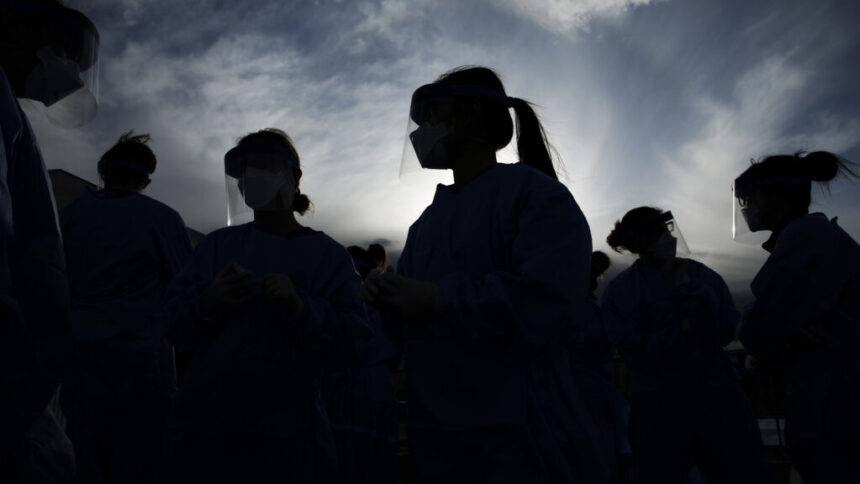Medical educators argue that efforts to increase diversity in the medical workforce are essential to addressing health disparities and improving patient outcomes. Research has shown that patients from underrepresented minority groups are more likely to receive appropriate care and have better health outcomes when they are treated by physicians who share their background. In addition, physicians from diverse backgrounds are more likely to practice in underserved communities, helping to address healthcare disparities.
The new executive order targeting DEI-based standards in accreditation could have far-reaching implications for medical education and training in the United States. By threatening to revoke federal recognition for accreditors that prioritize diversity initiatives, the order could disrupt the current accreditation process and open the door for new, potentially less rigorous accreditation services to enter the market.
However, critics of the order argue that diversity efforts are just one small component of the accreditation process, and that accreditation organizations already have a comprehensive set of standards that cover a wide range of topics. They point out that diversity initiatives are just one of over 300 standards required by the LCME, for example, and that there are no quotas or specific requirements that institutions must meet.
Despite these criticisms, the lack of diversity in the medical workforce remains a significant issue. Data from the AAMC shows that Black, Hispanic, and Native American physicians are significantly underrepresented in medicine, particularly in certain specialties. Efforts to increase diversity in the medical workforce are crucial to addressing healthcare disparities and improving patient outcomes.
It remains to be seen how the new executive order will impact the accreditation process for medical schools and residency programs. Medical educators and accreditation organizations are closely monitoring the situation and considering their next steps. The potential loss of federal recognition for accrediting organizations could have significant financial implications for medical schools, residency programs, and hospitals that rely on accreditation for funding and certification.
As the debate over DEI-based standards in accreditation continues, the medical community is grappling with how best to address diversity and inclusion in medical education and training. While the new executive order may shake up the accreditation process, it also presents an opportunity to reevaluate and strengthen efforts to increase diversity in the medical workforce and improve patient care.







